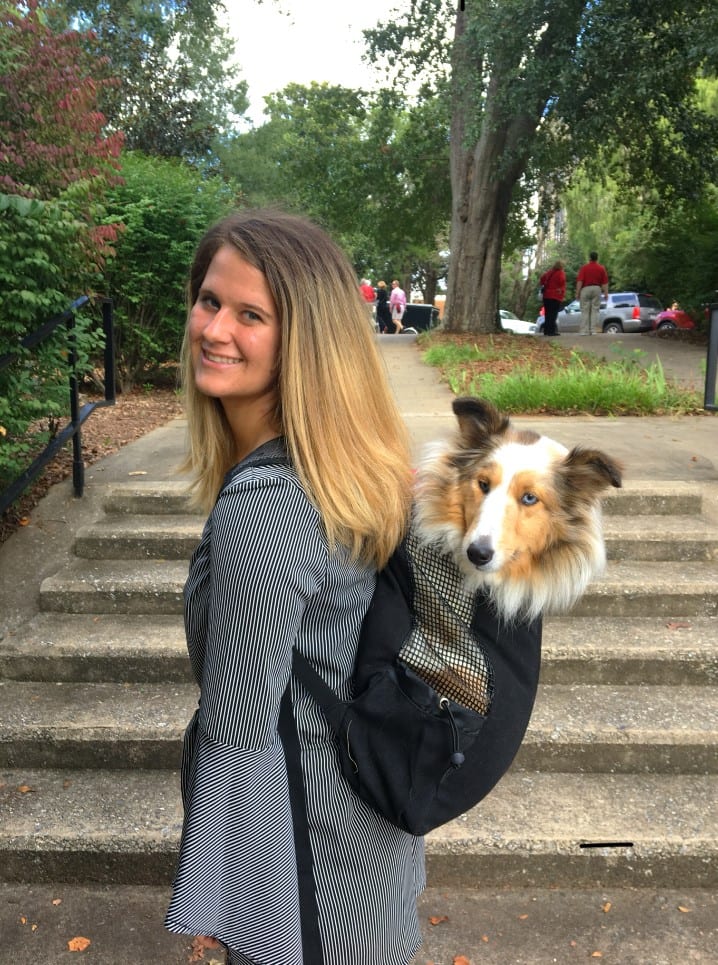We've all chucked the occasional to-go container or small plastic item with a recycling code in the recycling bin without thinking about its fate. Surely even if a few of these items can't be recycled, it wouldn't take much for the facility to just remove them, right? Just ask one recycling plant in central Florida, which was forced to shut down the entire facility for nearly half a day after almost 4000 tons of material, or about 40% of one month's total recycling collection, had to be removed from the machinery for disposal. The 17 hour cleanup removed items including plastic bags, tarps, ropes, and even Christmas lights. This operation ended up costing nearly $100,000 and is unfortunately not an isolated case.

Approximately 25% of the materials that we attempt to recycle are eventually transferred to the waste stream. This is because a significant portion of products emblazoned with a number and chasing arrows may not be recyclable through local facilities, or even at all. Still, consumers frequently toss products that they hope are recyclable into the collection bin without bothering to check. This “wishcycling†often coincides with an “out of sight, out of mind†attitude when we assume that placing recyclables in a collection bin equates to recycling. Unfortunately, wishcycled materials can significantly clog up operations at recycling facilities, leading to negative economic and environmental impacts and ultimately less materials being recycled.
In an effort to encourage recycling, many municipalities have shifted to a single stream recycling system which allows consumers to put most of their recyclables in one curbside bin to be sorted at the facility. However, local facilities vary on what they accept in their collection bins, and some materials may be conditionally recyclable. Pizza boxes, for instance, are typically made of recyclable cardboard, but are unable to be recycled if they become contaminated with food particles and grease.
Fortunately, just because a material cannot be recycled in single stream does not mean it must be doomed to linger in a landfill. Alternative disposal and recycling facilities, including the Center for Hard to Recycle Materials (CHaRM) that serves Athens-Clarke County, offer a low to no cost recycling drop-off point for hard to recycle materials including mattresses, computer and TV screens, and tires.
One difficult material that some facilities (including CHaRM) accept outside of single stream recycling is expanded polystyrene (EPS) foam, commonly known as Styrofoam. EPS foam is lightweight, low in density, and is often used for insulating food or protecting shipped goods. While EPS foam bears the Type 6 recycling code and is even described as “eco-friendly and recyclable†by some manufacturers, these products are not typically accepted in single stream recycling because the foam breaks down into tiny pieces that can contaminate other materials in the stream.

Currently, over 90% of EPS materials end up in the waste stream. These bulky products take up approximately 25% of space in landfills and can take hundreds of years to degrade. However, clean and dry EPS foam can be shredded and condensed to about 50-90x lower than its original volume using a special machine called a foam densifier. This condensed EPS material is further processed and reused to make other plastic products. In addition to significantly cutting down on landfill space, recycling one ton of EPS materials can save over 600 gallons of oil. Recent initiatives have improved access to foam recycling and saved landfill space, though there is still much progress to be made.
Many of the problems resulting from materials that are wishcycled and ultimately destined for the landfill can be curbed by educating local residents and businesses. Before you recycle, take a look at what your local facilities accept in single stream bins, such as this quick guide for Athens-Clarke County residents. Additionally, many grocery stores like Publix will accept materials such as EPS egg cartons and plastic bags for recycling. From individuals to industries, the desire to recycle is important, but it’s equally significant to think before you toss!

About the Author:
Emily is a PhD candidate in the Department of Microbiology studying a regulator of aromatic compound metabolism in the soil bacterium Acinetobacter baylyi. She loves running, college football, and taking her dog everywhere around Athens. You can reach her at emcintyre@uga.edu. More from Emily McIntyre.
About the Author
- athenssciencecafehttps://athensscienceobserver.com/author/athenssciencecafe/April 17, 2020
- athenssciencecafehttps://athensscienceobserver.com/author/athenssciencecafe/April 12, 2020
- athenssciencecafehttps://athensscienceobserver.com/author/athenssciencecafe/April 3, 2020
- athenssciencecafehttps://athensscienceobserver.com/author/athenssciencecafe/March 30, 2020







